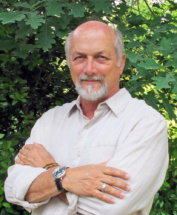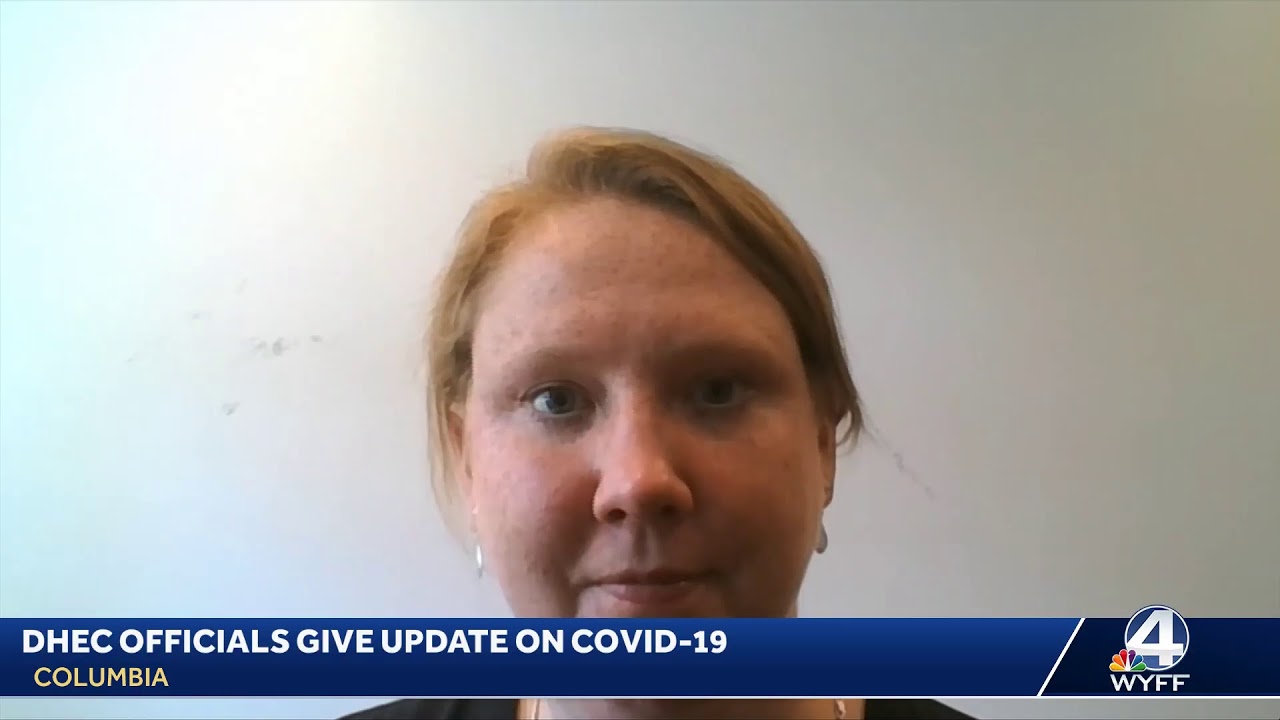
Gary Machlis serves as University Professor of Environmental Sustainability at Clemson.
Image Credit: Clemson University
A Clemson faculty member is lending his expertise to a new strategic science initiative developed by the National Academies of Sciences, Engineering, and Medicine (NASEM) related to the COVID-19 pandemic. The initiative provides rapid, scenario-based analyses aimed at protecting critical societal functions, mitigating worst outcomes, and building upon potential opportunities.
Gary Machlis, University Professor of Environmental Sustainability at Clemson University, was appointed to serve on the Response and Resilient Recovery Strategic Science Initiative as a member of its executive council. NASEM created the initiative to help decision-makers navigate through the pandemic and take actions toward a strong and sustained recovery. Machlis formerly led the Department of the Interior’s Strategic Science Group, which provided decision makers with science-based scenarios during crises such as the Deepwater Horizon oil spill and Hurricane Sandy.
“The COVID-19 pandemic presents extraordinary challenges over the immediate to long-term,” Machlis said. “The executive council that the National Academies has assembled is working hard to identify the most critical scenarios, and I am grateful for the opportunity to contribute to this effort.”
The Response and Resilient Recovery Strategic Science Initiative was spearheaded by National Academy of Sciences President Marcia McNutt, who proposed a framework for delivering science in a crisis based on her experience during the federal response to the Deepwater Horizon explosion and oil spill in the Gulf of Mexico — one of the worst environmental disasters in U.S. history. (McNutt was then the head of the U.S. Geological Survey.)
When crises occur — whether they are regionally contained like the Deepwater Horizon disaster or an all-encompassing health emergency like the pandemic — “there are these cascading impacts on the economy, personal income, supply chains, and other aspects of modern society that cannot be ignored,” said McNutt. As society responds to the COVID-19 pandemic, she said, “we’re worrying entirely about stopping the transmission and flattening the curve, but we don’t look at the long term. The purpose of this initiative is to take a careful look at these cascading impacts on essential aspects of modern society in the months and years ahead.”
To guide the initiative, the National Academies appointed an executive council of distinguished leaders with experience in crisis management from government, industry, civil society, and academia, including committee chair Martín Sepúlveda, CEO and principal of CLARALUZ LLC, and senior executive consultant for IBM Corp.; Adm. Thad Allen, former commandant of the U.S. Coast Guard; John Lumpkin, president of the Blue Cross and Blue Shield of North Carolina Foundation; and Janet Napolitano, former U.S. secretary of homeland security, former governor of Arizona, and president emeritus of the University of California system. Machlis joined the council in September 2020. The council has identified several critical focus areas for scenario-based strategic planning, such as how the pandemic could impact ecosystem health and climate change, food security, the educational and research capabilities of U.S. research universities — important engines of innovation and economic growth — and the learning trajectories of low-income and special-needs K-12 students.
For each of these areas, strategy groups composed of multidisciplinary teams of experts will be mobilized to provide likely scenarios, along with estimates of uncertainties, and identify potential interventions that could mitigate the most severe possible outcomes and leverage opportunities.
“We want to become far more proactive about looking for opportunities to provide value to the nation on emerging problems,” said McNutt, who notes that this type of scenario planning could also be applied to a broad range of issues beyond COVID-19. “This is a tool where we can identify these emerging issues and come up with a series of steps to get them in front of stakeholders before these scenarios have actually played out with negative consequences.”
“This new strategic science initiative provides us with a nimble approach to assess the course of the pandemic and its impact on society, as well as to deliver advice to decision-makers who are best positioned to act upon it,” said Gregory Symmes, chief program officer at the National Academies. “As always, we are grateful to experts like Dr. Machlis and the organizations supporting us in this endeavor, and whose contributions make this important work possible.”
END










